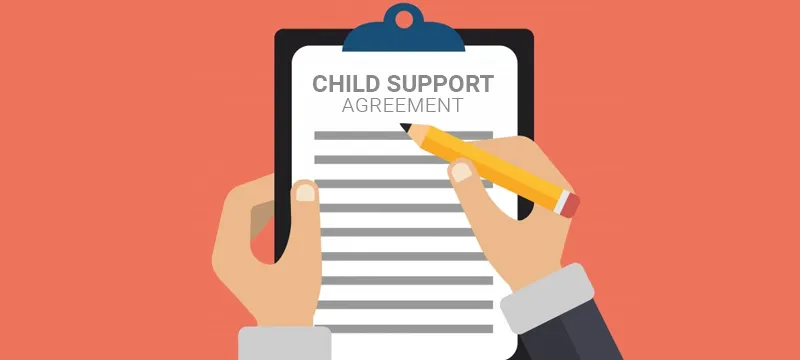Your Basic Defenses against a Criminal Charge If You Plead ‘Not Guilty’
Defending yourself, when you are charged with a crime, is difficult beyond your wildest imagination. It is a dreary and daunting task and difficulties keep on snowballing if you have no idea about what will come next. As soon as you are charged with a crime in Sylvania, consult a good criminal defense lawyer who will explain the details of the charge slapped against you as well as the options you have in your defense.
Reasonable Doubt
Remember that you won’t have to put forward your defensive arguments and evidence against all the elements that seek to refute your claimed innocence. For you to be convicted of a criminal charge, your guilt must be proved beyond a reasonable doubt and it is the prosecutor’s responsibility to do that. The standard is pretty high and the defendant, during any time of the trial, can raise a reasonable doubt. Most criminal defenses can be explained under any of these two categories:
- I did not commit the crime or
- I committed the crime but I should not be held liable.
I did not commit the crime
Establishing that you did not commit the crime is the basic and best defense that you have against any criminal charge. When you plead ‘Not Guilty’, it puts a heavy burden on the prosecutor to prove each of the points in the charge. During this phase, the defendant has nothing to do but only to ‘wait and watch’. The prosecutor, on other hand, gets busy with work to collect evidence against the suspect.
Innocent Until Proven Guilty
It is the hallmark of any strong legal system. It is an actual presumption which implies that the jury and judge must assume that the defendant is innocent until evidence proves otherwise. It empowers the defendant to “plead the fifth”. He or she can maintain silence and sit quietly without offering any piece of evidence in support of his or her innocence. It is just like sending the ball to the prosecutor’s court. The prosecutor will now be responsible to prove the defendant’s guilt. It is interesting to note that the suspect is not held liable to prove his or her innocence; rather it is the prosecutor’s job to prove that the defendant is not innocent.
I Have an Alibi
One of the basic options that the defendants need to prove their innocence is to give a convincing demonstration that they could not have committed the crime. An alibi defense refers to the evidence suggesting that you were not present at the crime scene and so could not have done it. If you can successfully demonstrate that it was most unlikely of you to be present at the crime scene, it will instill in the judge or jury a reasonable doubt over your involvement in the crime.
Beyond a Reasonable Doubt
To prove the suspect guilty, the prosecutor must demonstrate to the judge or jury that there exists no reasonable doubt about the defendant’s guilt. If the defendant can raise any reasonable doubt and the prosecutor fails to thaw the doubt, the suspect is proved innocent. As ‘Reasonable Doubt’ has a lofty standard, most defendants focus on showing reasonable doubts about the allegations brought by the prosecutors.



